|
Cyrus A. Bartol
Cyrus Augustus Bartol (April 30, 1813 – December 16, 1900) was a Unitarian pastor, author, and hymnist. Biography Bartol was born in Freeport, Maine on April 30, 1813. He was brought up in the Calvinist tradition by his parents, George Bartol and Anna Given. However, he was greatly influenced by a Unitarian minister named Ichabod Nichols who he described as "the spiritual guide of my youth." He graduated from Bowdoin College in 1832 and Harvard Divinity School in 1835. He was ordained in 1837, and received a Doctorate of divinity from Harvard College in 1859. He preached a short time in Cincinnati, Ohio before returning to Boston. Bartol preached at Old West Church (Boston, Massachusetts), West Church in Boston for over fifty years, half of which was spent as assistant and co-pastor to the Rev. Charles Lowell (minister), Charles Lowell, father of the famous James Russell Lowell, and the other half as lead pastor of the church. [...More Info...] [...Related Items...] OR: [Wikipedia] [Google] [Baidu] |
Freeport, Maine
Freeport is a town in Cumberland County, Maine, United States. The population was 8,737 at the 2020 census. Once home to a prominent shipbuilding industry, timber operations, and farming, it is now known for its numerous outlet stores; Freeport is home to L.L. Bean, Wolfe's Neck Woods State Park, and the Desert of Maine. Freeport is part of the Portland– South Portland–Biddeford, Maine metropolitan statistical area. The Harraseeket Historic District is in Freeport. History The town was once a part of North Yarmouth called Harraseeket, after the Harraseeket River. First settled about 1700, it was set off and incorporated on February 14, 1789 as Freeport. It is probably named "from the openness of its harbor" (free from ice). Freeport developed as four villages—Mast Landing, Porter's Landing, South Freeport and Freeport Corner—all of which are now part of the Harraseeket Historic District, listed on the National Register of Historic Places. At the head of tide on th ... [...More Info...] [...Related Items...] OR: [Wikipedia] [Google] [Baidu] |
Unitarian Review
Unitarian or Unitarianism may refer to: Christian and Christian-derived theologies A Unitarian is a follower of, or a member of an organisation that follows, any of several theologies referred to as Unitarianism: * Unitarianism (1565–present), a liberal Christian theological movement known for its belief in the unitary nature of God, and for its rejection of the doctrines of the Trinity, original sin, predestination, and of biblical inerrancy * Unitarian Universalism (often referring to themselves as "UUs" or "Unitarians"), a primarily North American liberal pluralistic religious movement that grew out of Unitarianism * In everyday British usage, "Unitarian" refers to the organisation formally known as the General Assembly of Unitarian and Free Christian Churches, which holds beliefs similar to Unitarian Universalists * International Council of Unitarians and Universalists, an umbrella organization * American Unitarian Association, a religious denomination in the United States ... [...More Info...] [...Related Items...] OR: [Wikipedia] [Google] [Baidu] |
Julia Ward Howe
Julia Ward Howe (; May 27, 1819 – October 17, 1910) was an American author and poet, known for writing the "Battle Hymn of the Republic" and the original 1870 pacifist Mother's Day Proclamation. She was also an advocate for abolitionism and a social activist, particularly for women's suffrage. Early life and education Julia Ward was born in New York City. She was the fourth of seven children. Her father Samuel Ward III was a Wall Street stockbroker, banker, and strict Calvinist Episcopalian. Her mother was the poet Julia Rush Cutler Ward, related to Francis Marion, the "Swamp Fox" of the American Revolution. She died during childbirth when Howe was five. Howe was educated by private tutors and schools for young ladies until she was sixteen. Her eldest brother, Samuel Cutler Ward, traveled in Europe and brought home a private library. She had access to these books, many contradicting the Calvinistic view. She became well-read, though social as well as scholarly. She met ... [...More Info...] [...Related Items...] OR: [Wikipedia] [Google] [Baidu] |
Manchester-by-the-Sea, Massachusetts
Manchester-by-the-Sea (also known simply as Manchester, its name prior to 1989) is a coastal town on Cape Ann, in Essex County, Massachusetts, United States. The town is known for scenic beaches and vista points. According to the 2020 population census, the population is 5,395. The town lies on the southern side of Cape Ann, at the point where the peninsula meets the mainland. The North Shore was populated by the Agawam people prior to European settlement, which began in 1629, about a decade after an epidemic killed much of the native people. Fishing was the major industry in the town almost from its incorporation in 1645, but in the mid-19th century it began to grow as a popular seaside resort community. The town has appeared, either by name or as a filming location, in a number of films and TV shows, notably the eponymous 2016 film '' Manchester by the Sea''. History Native Americans inhabited what would become northeastern Massachusetts for thousands of years prior to E ... [...More Info...] [...Related Items...] OR: [Wikipedia] [Google] [Baidu] |
The New York Tribune
The ''New-York Tribune'' was an American newspaper founded in 1841 by editor Horace Greeley. It bore the moniker ''New-York Daily Tribune'' from 1842 to 1866 before returning to its original name. From the 1840s through the 1860s it was the dominant newspaper first of the American Whig Party, then of the Republican Party. The paper achieved a circulation of approximately 200,000 in the 1850s, making it the largest daily paper in New York City at the time. The ''Tribune''s editorials were widely read, shared, and copied in other city newspapers, helping to shape national opinion. It was one of the first papers in the north to send reporters, correspondents, and illustrators to cover the campaigns of the American Civil War. It continued as an independent daily newspaper until 1924, when it merged with the '' New York Herald''. The resulting '' New York Herald Tribune'' remained in publication until 1966. Among those who served on the paper's editorial board were Bayard Taylor, ... [...More Info...] [...Related Items...] OR: [Wikipedia] [Google] [Baidu] |
Horace Bushnell
Horace Bushnell (April 14, 1802February 17, 1876) was an American Congregational minister and theologian. Life Bushnell was born in the village of Bantam, township of Litchfield, Connecticut. He attended Yale College where he roomed with future magazinist Nathaniel Parker Willis. Willis credited Bushnell with teaching him the proper technique for sharpening a razor. After graduating in 1827, he was literary editor of the ''New York Journal of Commerce'' from 1828–1829, and in 1829 became a tutor at Yale. Here he initially studied law, but in 1831 he entered the theology department of Yale College. In May, 1833 Bushnell was ordained pastor of the North Congregational church in Hartford, Connecticut. He married Mary Apthorp in 1833 and the couple had three children. Douglas, Ann. ''The Feminization of American Culture''. New York: Alfred A. Knopf, 1977: 342. Bushnell remained in Hartford until 1859 when, due to extended poor health he resigned his pastorate. Thereafter he held ... [...More Info...] [...Related Items...] OR: [Wikipedia] [Google] [Baidu] |
Louisa May Alcott
Louisa May Alcott (; November 29, 1832March 6, 1888) was an American novelist, short story writer, and poet best known as the author of the novel ''Little Women'' (1868) and its sequels ''Little Men'' (1871) and ''Jo's Boys'' (1886). Raised in New England by her Transcendentalism, transcendentalist parents, Abigail May and Amos Bronson Alcott, she grew up among many well-known intellectuals of the day, such as Ralph Waldo Emerson, Nathaniel Hawthorne, Henry David Thoreau, and Henry Wadsworth Longfellow. Alcott's family suffered from financial difficulties, and while she worked to help support the family from an early age, she also sought an outlet in writing. She began to receive critical success for her writing in the 1860s. Early in her career, she sometimes used pen names such as A. M. Barnard, under which she wrote lurid short stories and sensation novels for adults that focused on passion and revenge. Published in 1868, ''Little Women'' is set in the Alcott family home, Or ... [...More Info...] [...Related Items...] OR: [Wikipedia] [Google] [Baidu] |
George Ripley (transcendentalist)
George Ripley (October 3, 1802 – July 4, 1880) was an American social reformer, Unitarianism, Unitarian minister, and journalist associated with Transcendentalism. He was the founder of the short-lived Utopian community Brook Farm in West Roxbury, Massachusetts. Born in Greenfield, Massachusetts, George Ripley was pushed to attend Harvard College by his father and completed his studies in 1823. He went on graduate from the Harvard Divinity School and the next year married Sophia Ripley, Sophia Dana. Shortly after, he became ordained as the minister of the Purchase Street Church in Boston, Massachusetts, where he began to question traditional Unitarian beliefs. He became one of the founding members of the Transcendental Club and hosted its first official meeting in his home. Shortly after, he resigned from the church to put Transcendentalism, Transcendental beliefs in practice by founding an experimental commune (intentional community), commune called Brook Farm. The community l ... [...More Info...] [...Related Items...] OR: [Wikipedia] [Google] [Baidu] |
Margaret Fuller
Sarah Margaret Fuller (May 23, 1810 – July 19, 1850), sometimes referred to as Margaret Fuller Ossoli, was an American journalist, editor, critic, translator, and women's rights advocate associated with the American transcendentalism movement. She was the first American female war correspondent and full-time book reviewer in journalism. Her ''book Woman in the Nineteenth Century'' is considered the first major feminist work in the United States. Born Sarah Margaret Fuller in Cambridge, Massachusetts, she was given a substantial early education by her father, Timothy Fuller, a lawyer who died in 1835 due to cholera. She later had more formal schooling and became a teacher before, in 1839, she began overseeing her Conversations series: classes for women meant to compensate for their lack of access to higher education. She became the first editor of the transcendentalist journal ''The Dial'' in 1840, which was the year her writing career started to succeed, before joining the st ... [...More Info...] [...Related Items...] OR: [Wikipedia] [Google] [Baidu] |
Robert Collyer
Robert Collyer in 1880 Robert Collyer in 1903 Robert Collyer (December 8, 1823 – November 30, 1912) was an English-born American Unitarian clergyman. Biography Collyer was born in Keighley, Yorkshire, England, on December 8, 1823; the family moved to Blubberhouses within a month of his birth. At the age of eight he was compelled to leave school and support himself by work in a linen factory. He was naturally studious, however, and supplemented his scant schooling by night study. At fourteen he was apprenticed to a blacksmith, Jacky Birch—who had taught the trade to Samuel Collyer, Robert's father, in Blubberhouses–and for several years worked at this trade at Ilkley. In 1849 he became a local Methodist minister. In the same year, his wife Harriet died on 1 February, and his infant daughter Jane on 4 February. In the following year emigrated to the United States, where he obtained employment as a hammer maker at Shoemakersville, Pennsylvania. Here he soon began to preac ... [...More Info...] [...Related Items...] OR: [Wikipedia] [Google] [Baidu] |
Ralph Waldo Emerson
Ralph Waldo Emerson (May 25, 1803April 27, 1882), who went by his middle name Waldo, was an American essayist, lecturer, philosopher, abolitionist, and poet who led the transcendentalist movement of the mid-19th century. He was seen as a champion of individualism and a prescient critic of the countervailing pressures of society, and his ideology was disseminated through dozens of published essays and more than 1,500 public lectures across the United States. Emerson gradually moved away from the religious and social beliefs of his contemporaries, formulating and expressing the philosophy of transcendentalism in his 1836 essay "Nature". Following this work, he gave a speech entitled "The American Scholar" in 1837, which Oliver Wendell Holmes Sr. considered to be America's "intellectual Declaration of Independence."Richardson, p. 263. Emerson wrote most of his important essays as lectures first and then revised them for print. His first two collections of essays, '' Essays: Firs ... [...More Info...] [...Related Items...] OR: [Wikipedia] [Google] [Baidu] |
Frederic H
{{disambiguation, geo ...
Frederic may refer to: Places United States * Frederic, Wisconsin, a village in Polk County * Frederic Township, Michigan, a township in Crawford County ** Frederic, Michigan, an unincorporated community Other uses * Frederic (band), a Japanese rock band * Frederic (given name), a given name (including a list of people and characters with the name) * Hurricane Frederic, a hurricane that hit the U.S. Gulf Coast in 1979 * Trent Frederic, American ice hockey player See also * Frédéric * Frederick (other) * Fredrik * Fryderyk (other) Fryderyk () is a given name, and may refer to: * Fryderyk Chopin (1810–1849), a Polish piano composer * Fryderyk Getkant (1600–1666), a military engineer, artilleryman and cartographer of German origin * Fryderyk Scherfke (1909–1983), an inte ... [...More Info...] [...Related Items...] OR: [Wikipedia] [Google] [Baidu] |
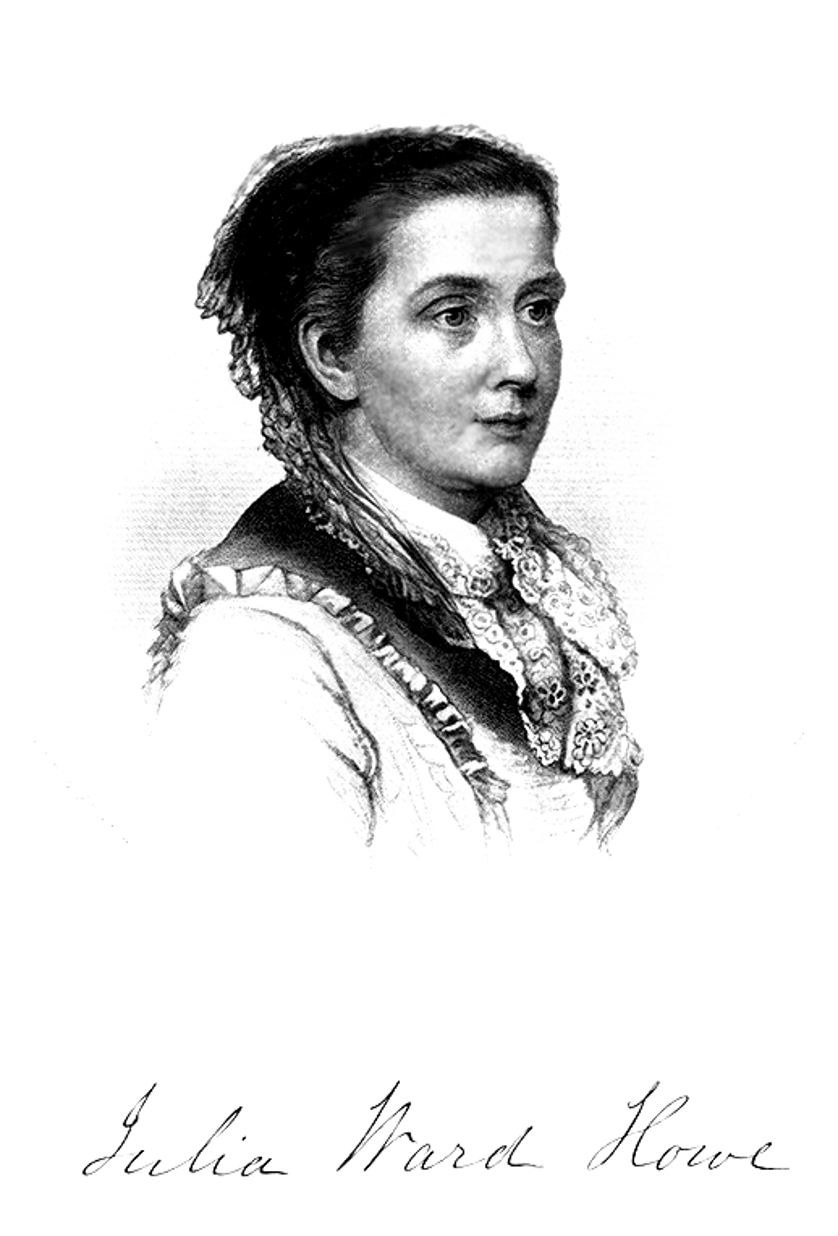

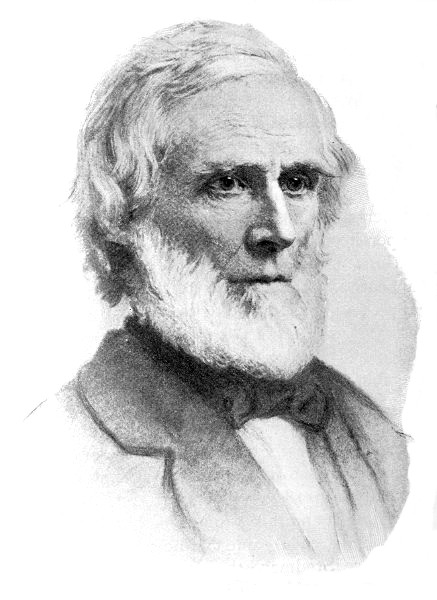
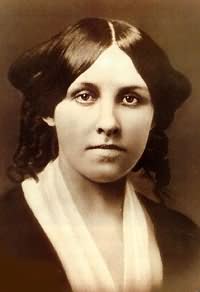
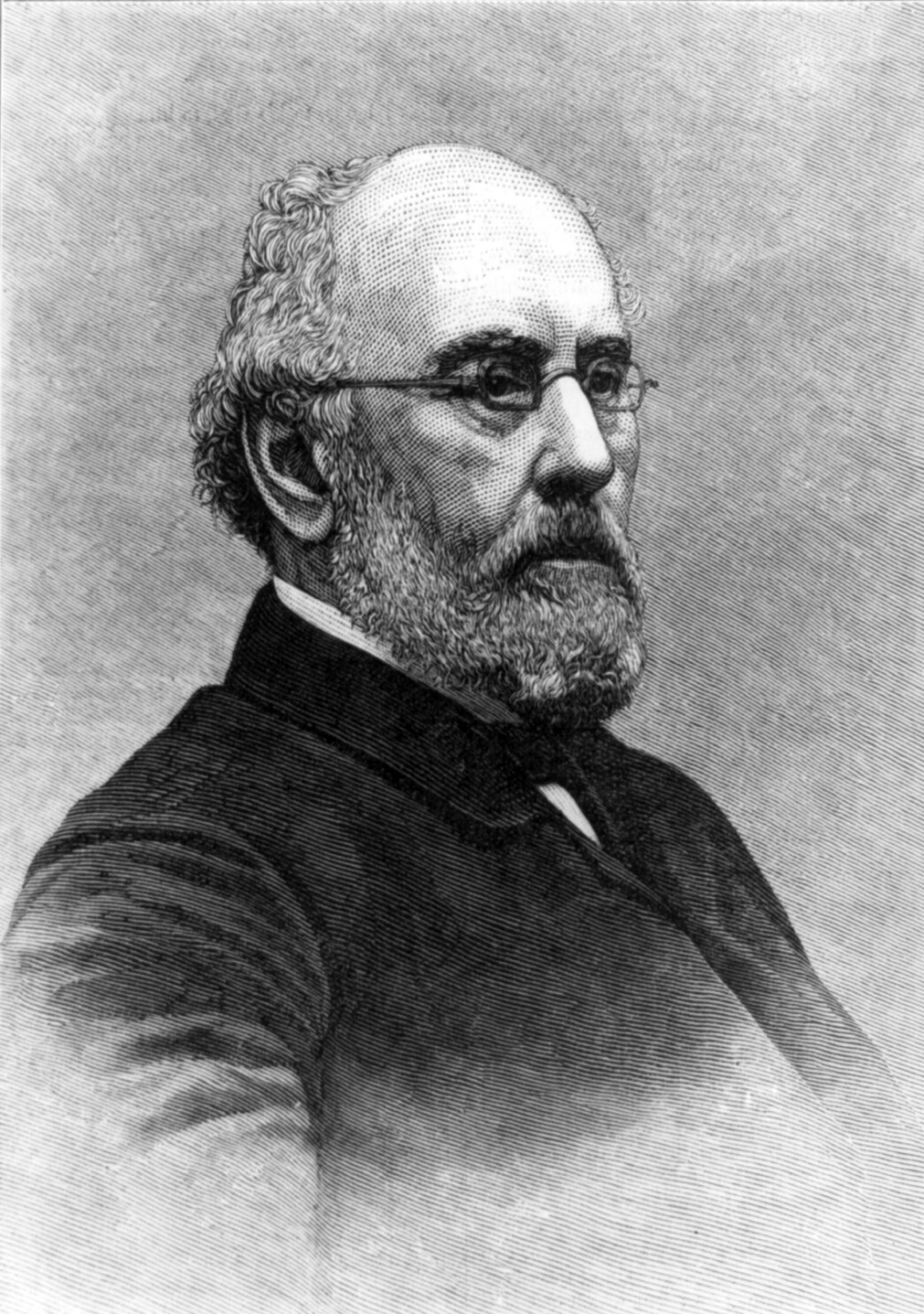
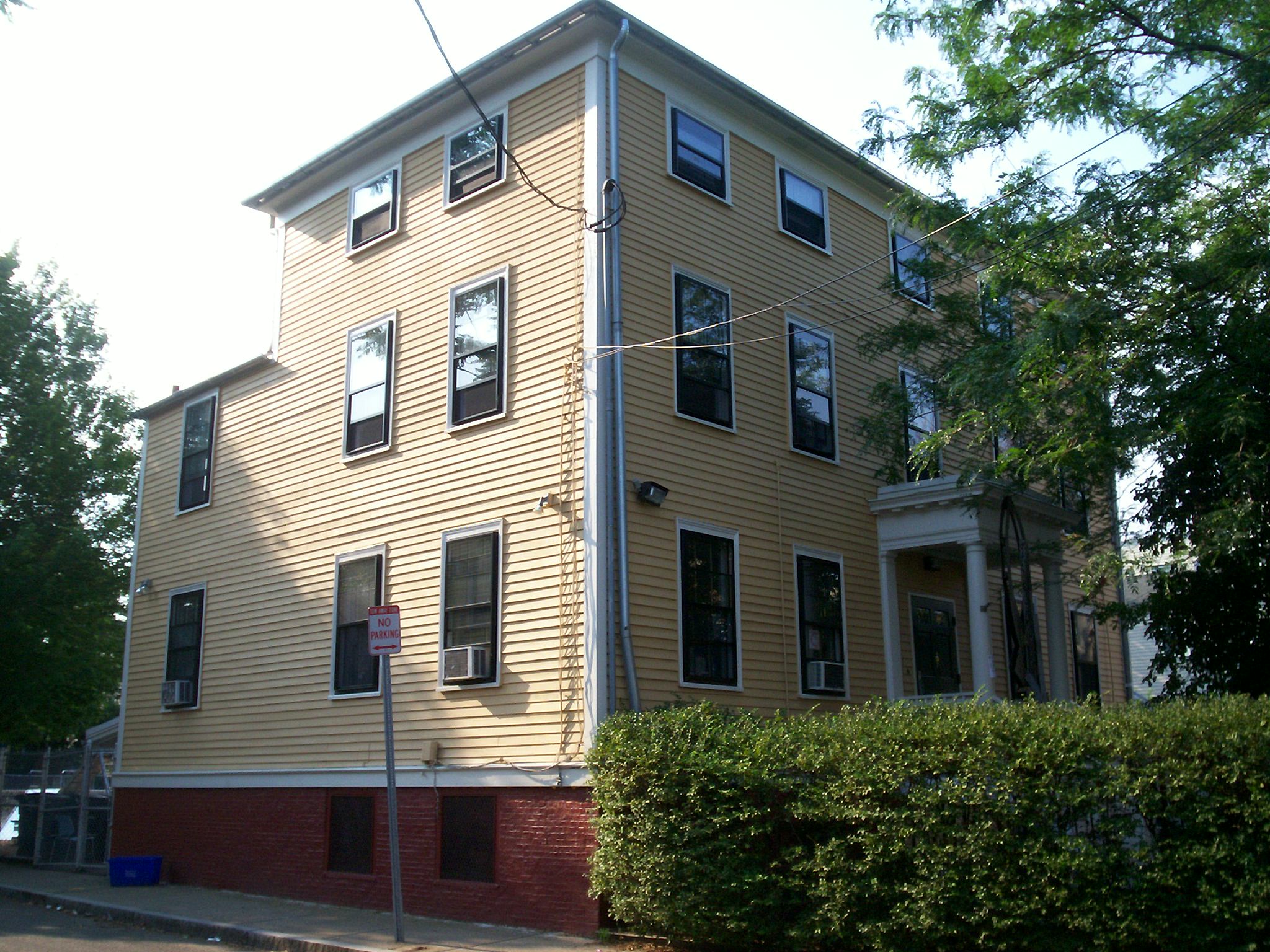
_-_Harpers_Monthly_no._284_(January%2C_1874)%2C_p._830.png)
